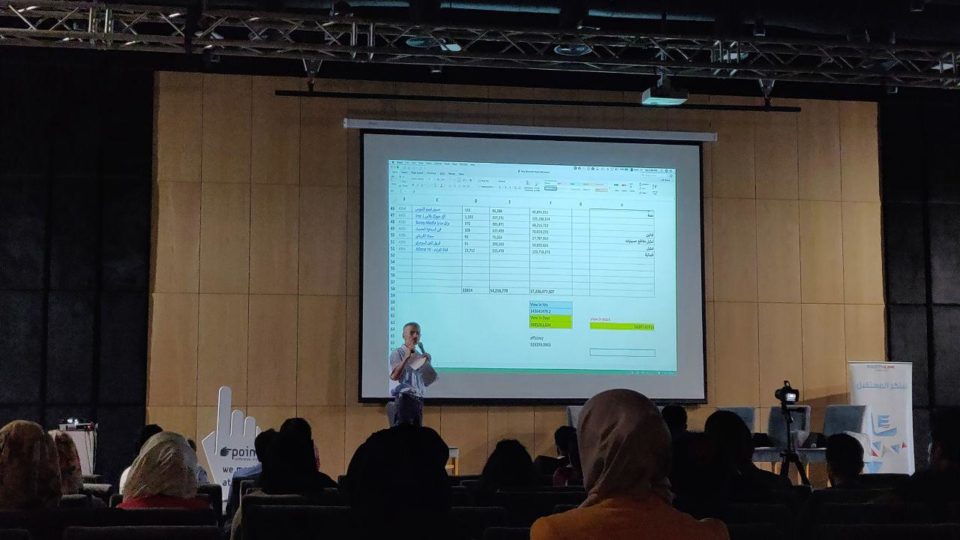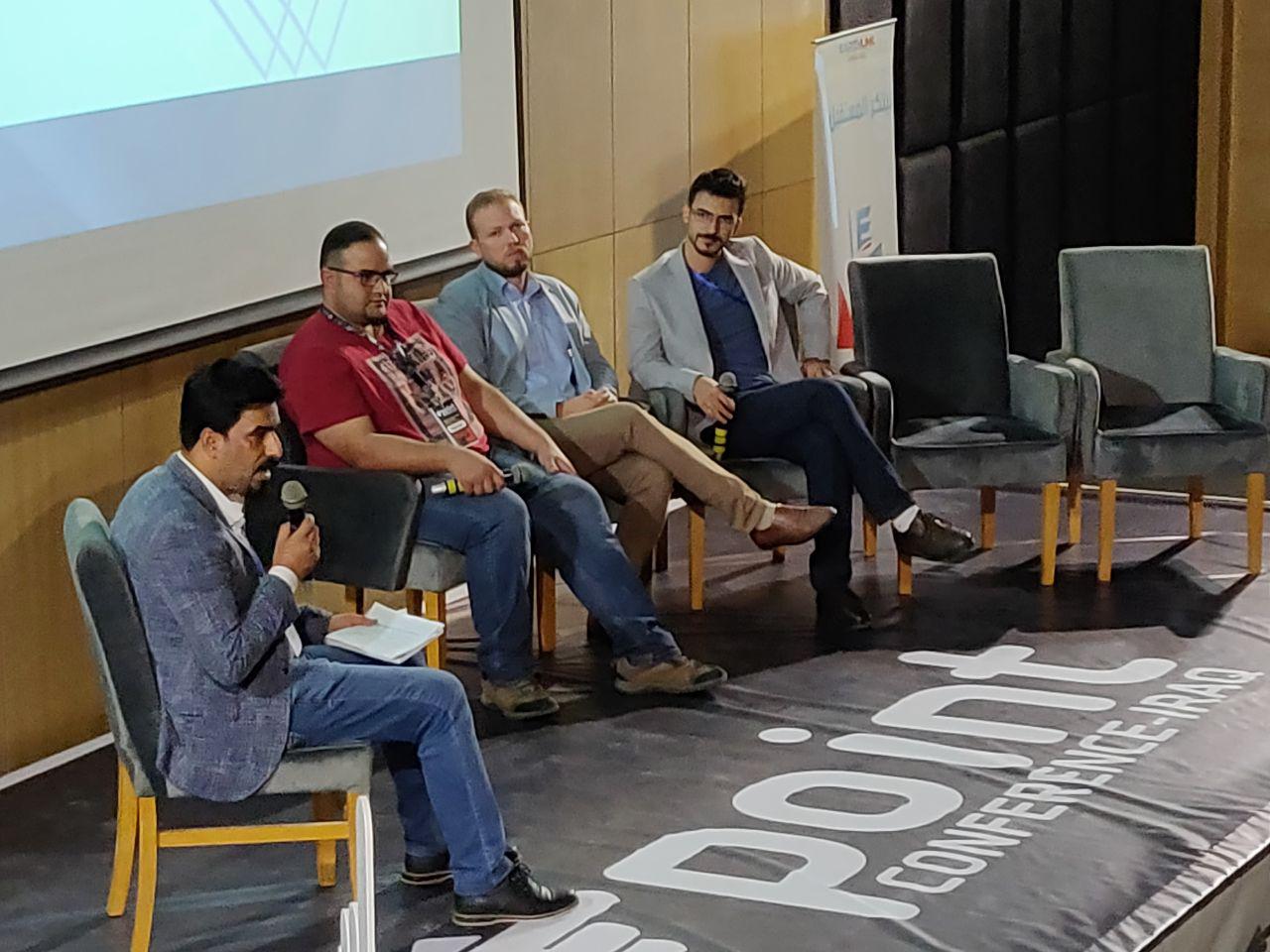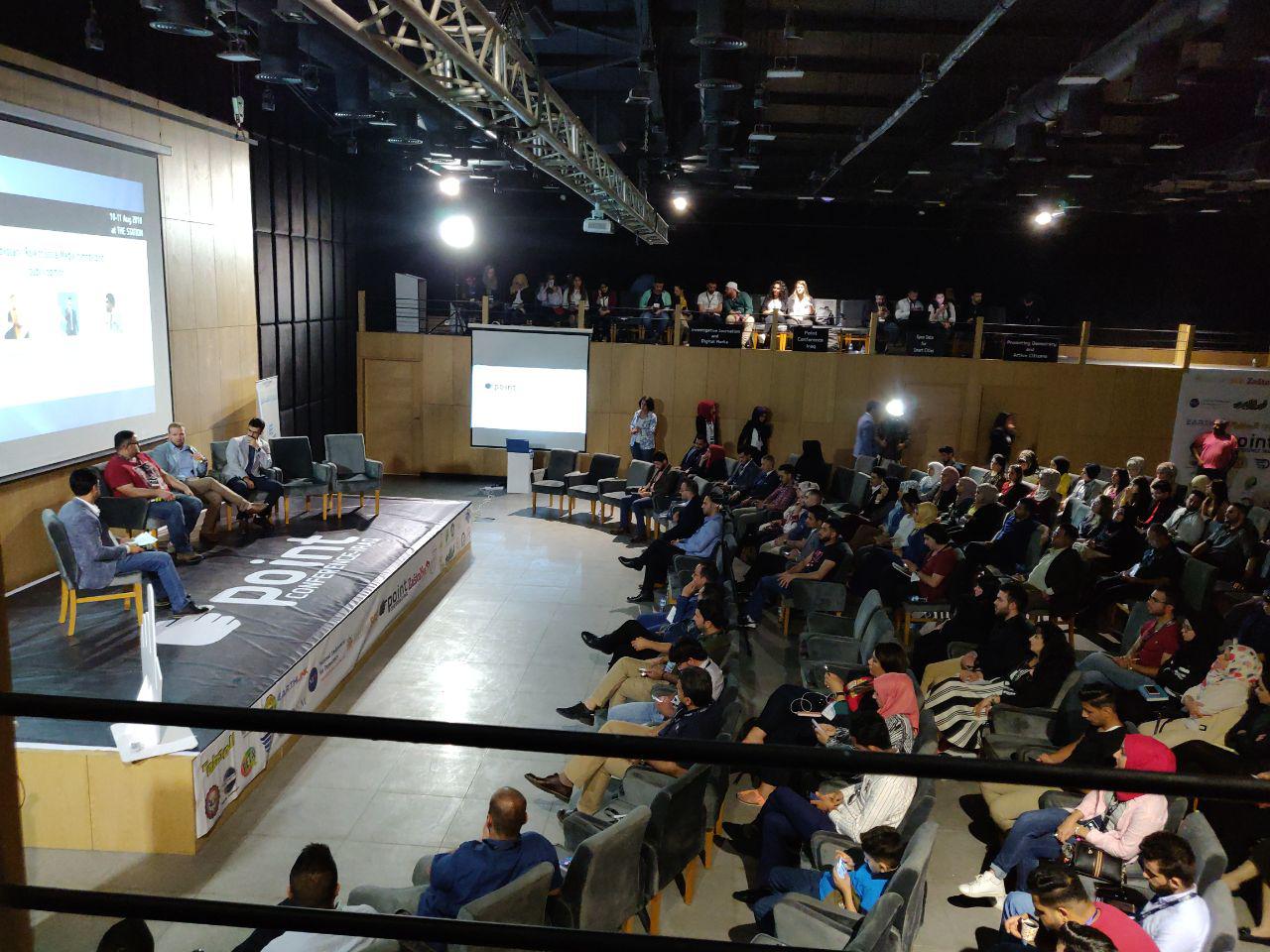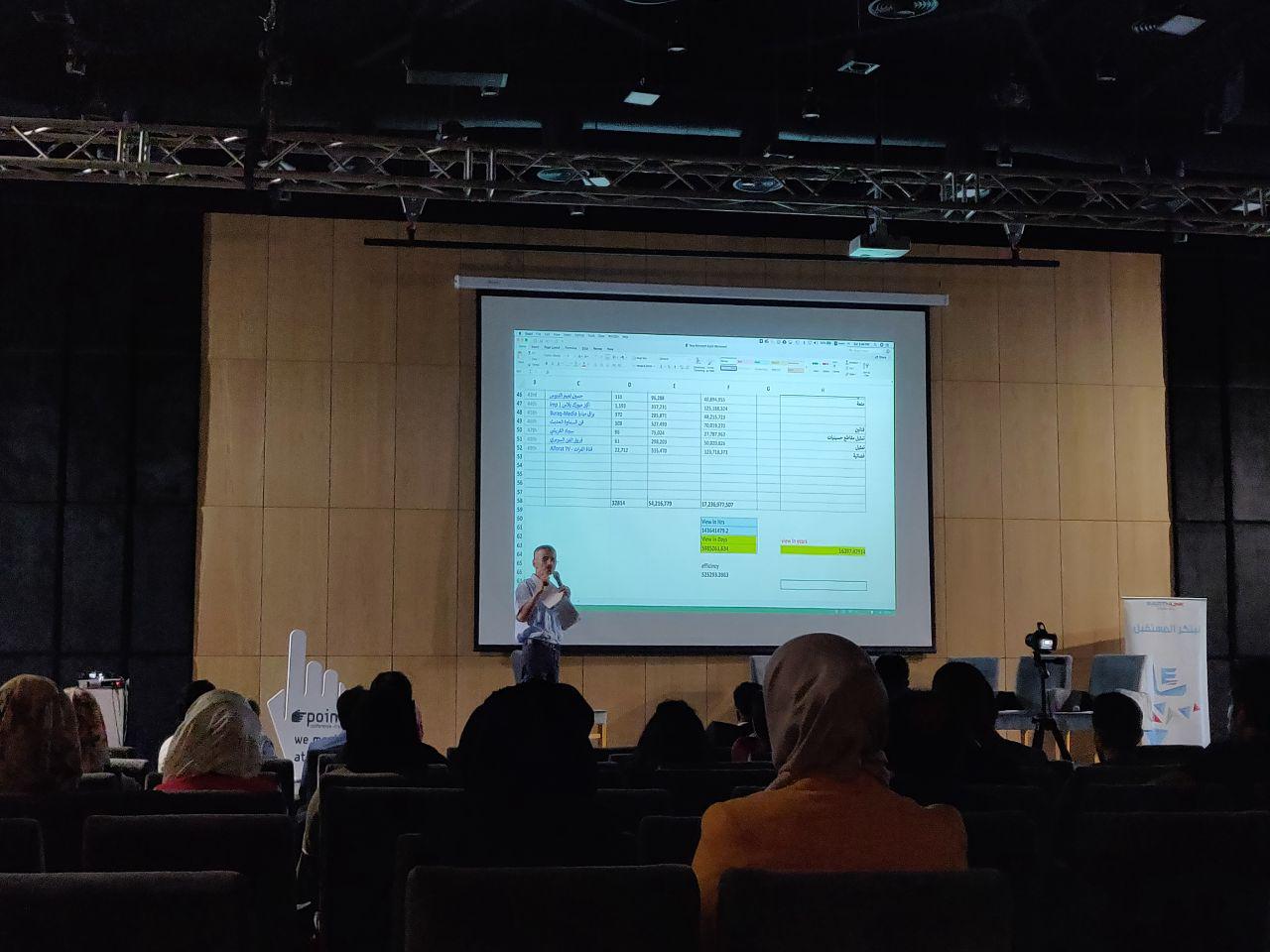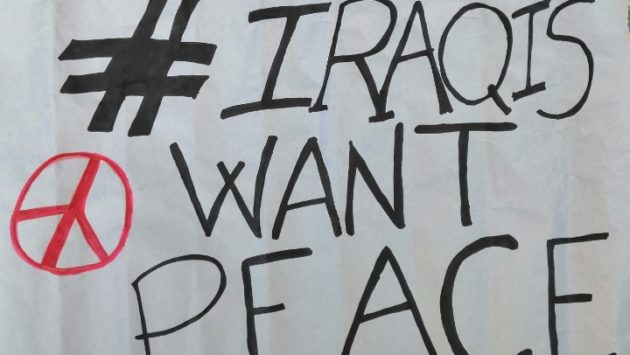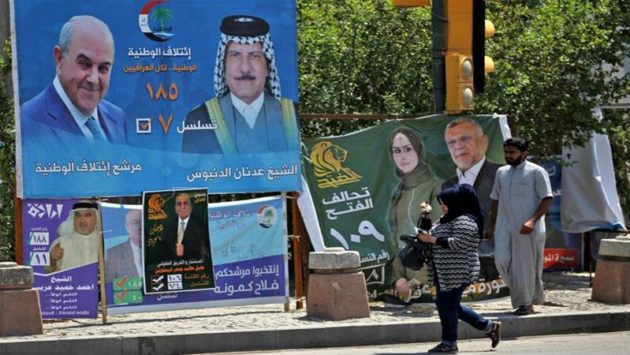Iraq Holds the First POINT Conference in the Middle East
POINT Conference Iraq, held in Baghdad on 20-21 July, is a continuation of the POINT Conference that has been held annually in Sarajevo since 2012. POINT has become an important venue for activists and specialists to promote the use of technology and media to achieve goals set by NGOs and civil society groups. Youth played a central role in POINT Conference Iraq — more than 100 young people from all over the country were speakers — making key contributions which enhanced discussions and enriched dialogues in all the conference sessions.
In addition to these vital young voices, the conference also welcomed some famous Iraqis working in the field of political comedy, such as Ali Fadhil, presenter and director of one of the most popular TV shows in Iraq, ‘A State of Watermelon’. Ahmad Wahid, media figure, civil activist, comedian, and the first to employ stand-up comedy in the fight against sectarianism and corruption, was also present. The two talked about the role of media and social media apps in fighting sectarian politics in the peacemaking process.
The conference was also attended by some of the leading figures in Iraqi programming, including: Mohammed Qassem, the general manager and founder of Sahar Knowledge for Information Technology and founder of IT LIVE, and Ali Sami, the founder and CEO of Moon Gate for Technology of Information and the representative of Microtech company in Iraq. These two tech leaders discussed the importance of developing the skills of young people through education, which would in turn lead to advantages in the labor market. In addition to these two, Mohammed Issa, the founder of the Code for Iraq Initiative was also present. This initiative calls on students, graduates, university professors and all those interested in programming and information technology to volunteer their time to improve the country’s situation. The initiative provides volunteers a great opportunity to gain experience and develop skills by designing and implementing programs and projects which address challenges now facing Iraq. Volunteers are put into working groups where individuals cooperate as a team, exchanging views, experiences, and presenting ideas to be discussed and applied on the ground. Mohammed Issa explained one of the initiative’s projects which uses unrestricted data sharing through websites (such as Google). He also talked about some important applications, like the Curriculum App, which can help students access the books they study at school easily in one click, and other applications like Care for Orphans App, and it’s worth mentioning that both of these apps are designed by Iraqi programmers.
Activists from the Iraqi Civil Society Solidarity Initiative and the Italian organization UPP also contributed to the event by reviewing their experiences working on human rights and peace-building issues. Ali Alkarkhi explored effective ways to confront internet restrictions implemented by the government, as occurred during the recent demonstrations. He insisted that efforts should be forward-looking, focused on how to prevent the recurrence of such violations again. An effective plan must be in place to push back against the arbitrary decisions of the government.
Ghailan Aljboori, also from ICSSI, talked about electronic platforms like Facebook and explained their role in spreading information, raising awareness and shaping public opinion. He also discussed the YouTube community, particularly its young users and the use of this electronic platform to work for peace.
The conference also reviewed some of the success stories of young people who are active in the programming world, most notably the story of Fatima Hassan. She spoke about the difficulties she faced when she first entered the IT community because of her limited experience and young age. However, after being encouraged by some trainers, Fatima began to support other girls like herself. Later on, her project received support from IEEE, an international IT company.
Many organization and teams participated in POINT Conference Iraq, such as: Tawasoul Organaization, The Station, Iraqi Pharmaceutical Students’ Team IPST, National Endowments for Democracy, Dialas, “For Her” organization, U.G. “Zašto ne” (Why Not) organization in Bosnia, Iraqi Network for Social Media INSM, ActionSEE, Al Alim Al Jadeed (New World) a digital newspaper, Tabani (Adopt) for young activists, Nissan Institute of Democratic Awareness, Association for the Defense of Press Freedom, Organization of Displaced Children in Missan, Amarji Center, and the Iraqi Observatory for Human Rights.

